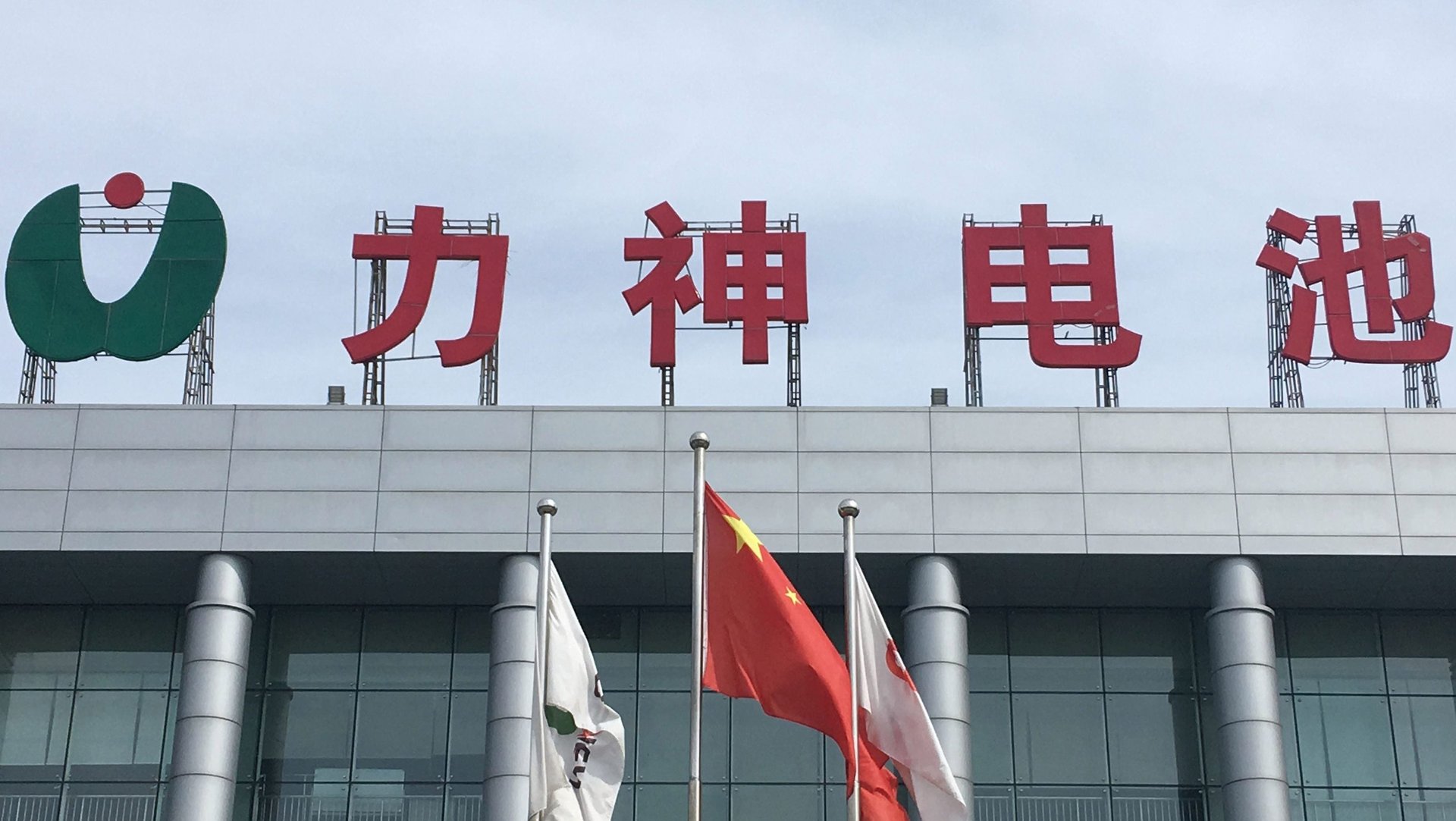Tesla’s battery monogamy with Panasonic is about to end
The first made-in-China Teslas could be in production by the end of this year. And they could be equipped with batteries from domestic manufacturers, ending Japanese electronics maker Panasonic’s position as the sole battery cell supplier to Tesla.


The first made-in-China Teslas could be in production by the end of this year. And they could be equipped with batteries from domestic manufacturers, ending Japanese electronics maker Panasonic’s position as the sole battery cell supplier to Tesla.
In November, Elon Musk, CEO of the California-based carmaker said in a tweet that Tesla would consider several battery cell suppliers for its first overseas factory. A Reuters report Tuesday suggests Tesla is moving along with those plans.
Reuters reported that Tesla had signed a “preliminary agreement” with state-owned Lishen Battery, citing unnamed sources, but later said it was unclear what the firms had agreed. Tesla said in an email statement to Quartz that the firm had received quotes from Lishen Battery, but hadn’t signed any agreement with it. Tesla declined to comment on whether it was having talks with other local battery makers.
The news comes just days after Tesla began building a factory in Shanghai with an aggressive goal—it wants to start assembling Model 3 sedans as soon as later the year. The factory will eventually have an annual capacity of 250,000 vehicles, and will focus on manufacturing Model 3 and Model Y cars. The firm had said earlier that it wanted to make Model 3 affordable for China, its largest overseas market. Musk said on Twitter in November that “local production for local markets… is critical to make pricing as affordable as possible.”
Tianjin-based Lishen Battery makes phone batteries for clients like Apple and Huawei, and also in recent years began supplying batteries to leading Chinese electric vehicle makers like BAIC and Geely. It couldn’t be reached for comment.
Panasonic is a joint-venture partner in Tesla’s Gigafactory in Nevada. Together, the two firms produce around 60% of the global electric vehicle battery output, according to a Musk tweet in November. Panasonic said in a statement it was in talks with Tesla regarding various possibilities for its China factory but nothing was finalized. It declined to comment on the possibility of no longer having an exclusive partnership with Tesla.
Panasonic’s annual capacity in China is reportedly to be 5 Gigawatt hours, around half what Lishen Battery is capable of producing.
Some experts say that it would make sense for Tesla to work with Lishen Battery, which manufactures the same type of cylindrical battery format (link in Chinese) Tesla is using. The Chinese firm mass produces the batteries at a large scale in a factory in Suzhou, around a 1.5-hour drive from Shanghai, where Tesla’s factory is based.
“It’s the right move for Tesla to expand their supplier base so they wouldn’t be held hostage [on pricing] by Panasonic in the future,” said a battery engineer working for a major car battery manufacturer in China. He declined to be named due to company policy.
Looking for more in-depth coverage? Sign up to become a member and read more in-depth coverage of China’s electric-car boom in our field guide.